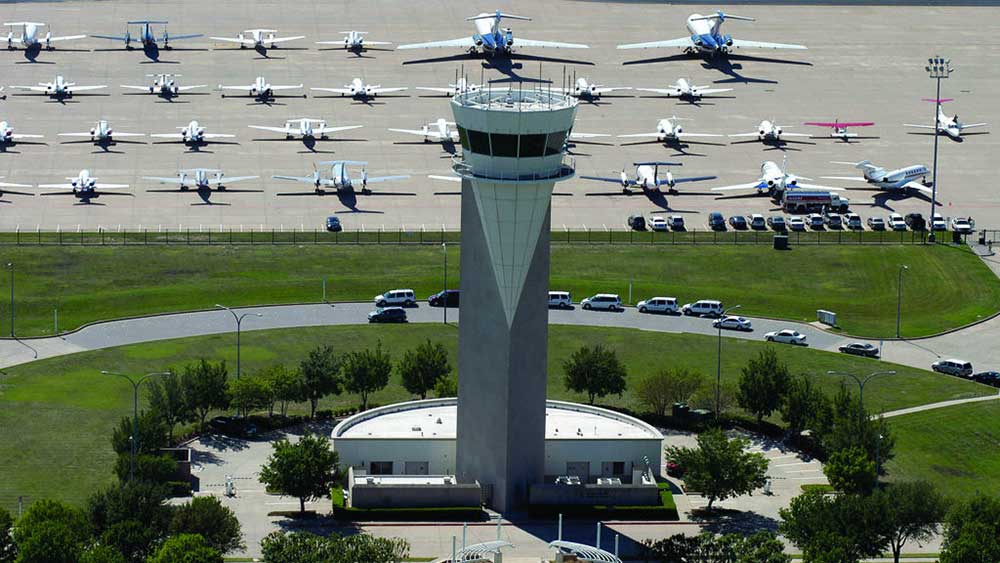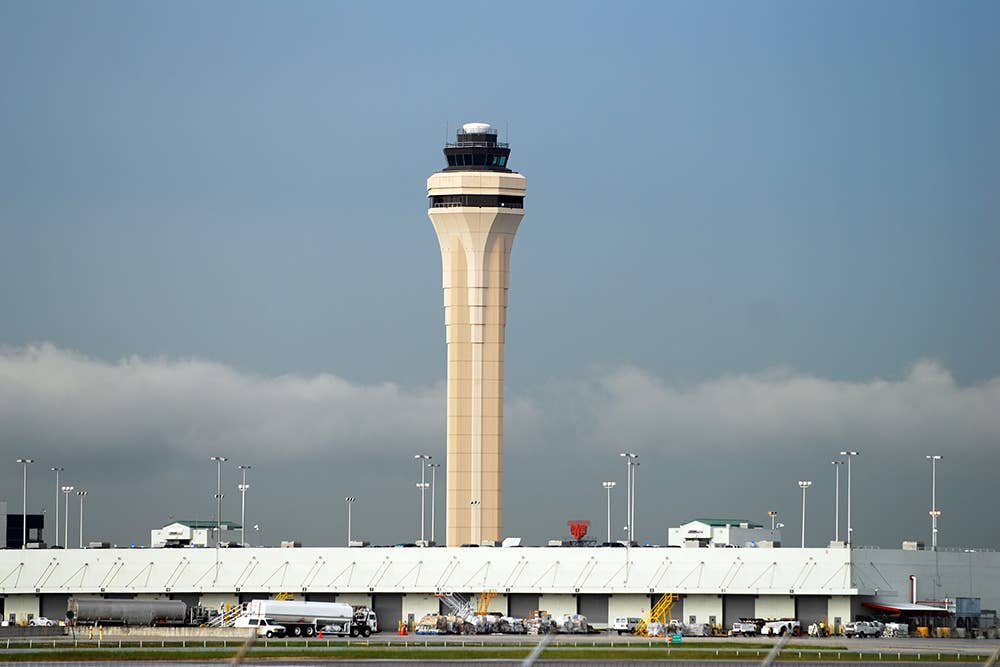
Many controllers were already working 10-hour days, six days a week. NATCA
Along with hundreds of thousands of other government employees, members of the National Air Traffic Controllers Association are not happy about the partial government shutdown, now 13 days old. While NATCA members have no idea when they'll see another paycheck, just like other federal employees, there's even more at stake for anyone who flies.
NATCA says today there are fewer fully trained controllers on the job than at any point in the past 30 years. Responsibility for some of that shortage is due to the FAA’s bungled attempts a few years ago to reform a controller hiring system that wasn’t broken. The recent shutdown, though, has made the controller shortage worse because the agency’s training academy in Oklahoma City is now dark. That means no new controllers are on hand to begin or continue learning the business.
Classroom and simulator training at air traffic control facilities has also been halted. In a news release, NATCA said, “Along with 3,000 other aviation safety professionals represented by NATCA, many new hires who have recently graduated from the academy and begun working at their first air traffic control facility are furloughed, their critical training halted along with their pay.”
Wait much longer, NATCA says, and some classes might be cancelled completely, “which would lead to fewer new hires by the FAA in fiscal year 2019.”
Union president Paul Rinaldi said, “Even before the shutdown, controllers have needed to work longer and harder to make up for the staffing shortfall. Overtime in the form of six-day weeks and 10-hour days is common at many of the nation’s busiest and most short-staffed facilities, including radar facilities in New York, Chicago, Atlanta and Dallas. If the staffing shortage gets worse, we will see reduced capacity in the National Airspace System, meaning more flight delays.”
The latest staffing data from the FAA shows the agency has yet to recover from the hiring freeze and subsequent shutdown due to sequestration in 2013 but still plans to hire more than 1,400 new trainees in fiscal year 2019, through September 30. NATCA said, “Even when the shutdown ends, it will take 1-2 weeks to recall all employees and instructors. This shutdown will cause a ripple effect, delaying all training courses throughout 2019."
Nearly one in five working controllers (about 18 percent) are also eligible to retire. Exacerbating the problem, NATCA said, “hiring one new trainee for every controller who retires doesn’t keep up with attrition because only 64 percent of Oklahoma City academy new hires have successfully completed the initial classroom training program.” Rinaldi said, “This shutdown must end now.”
Ironically, a source on the Hill reports members of the new Congress seated today will be paid for their work thanks to funding legislation signed prior to the shutdown.

Sign-up for newsletters & special offers!
Get the latest FLYING stories & special offers delivered directly to your inbox






